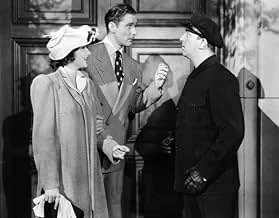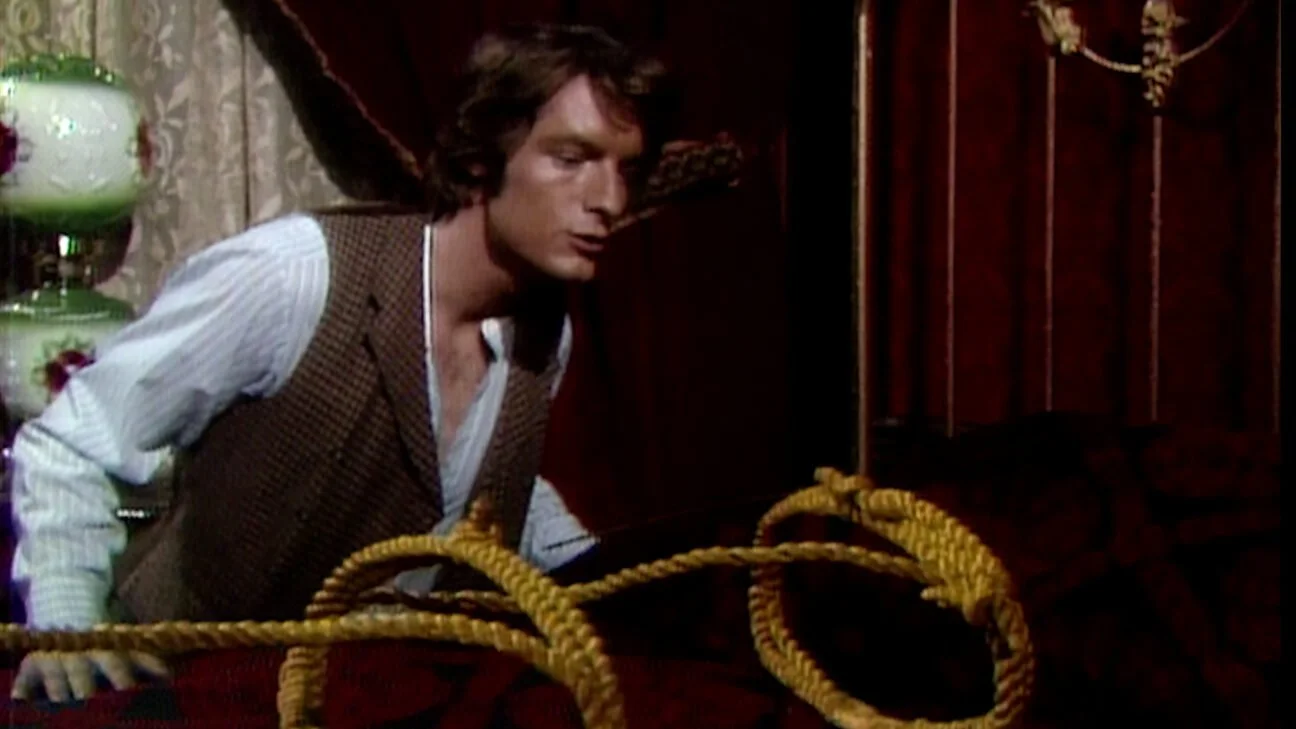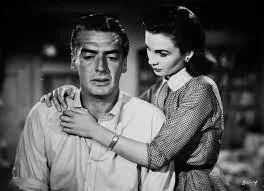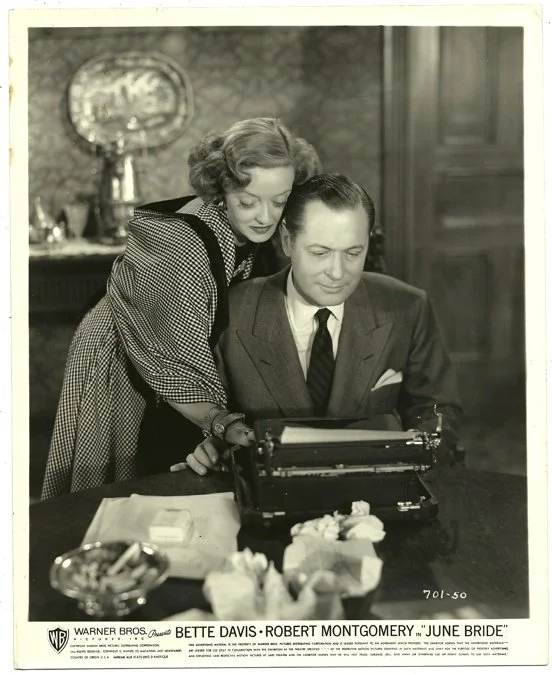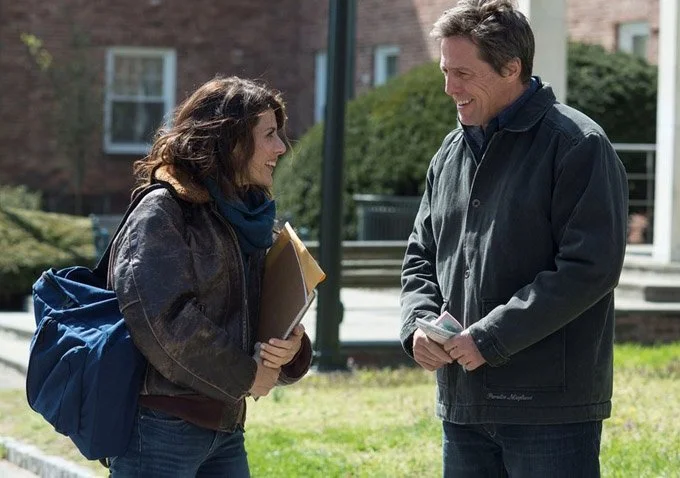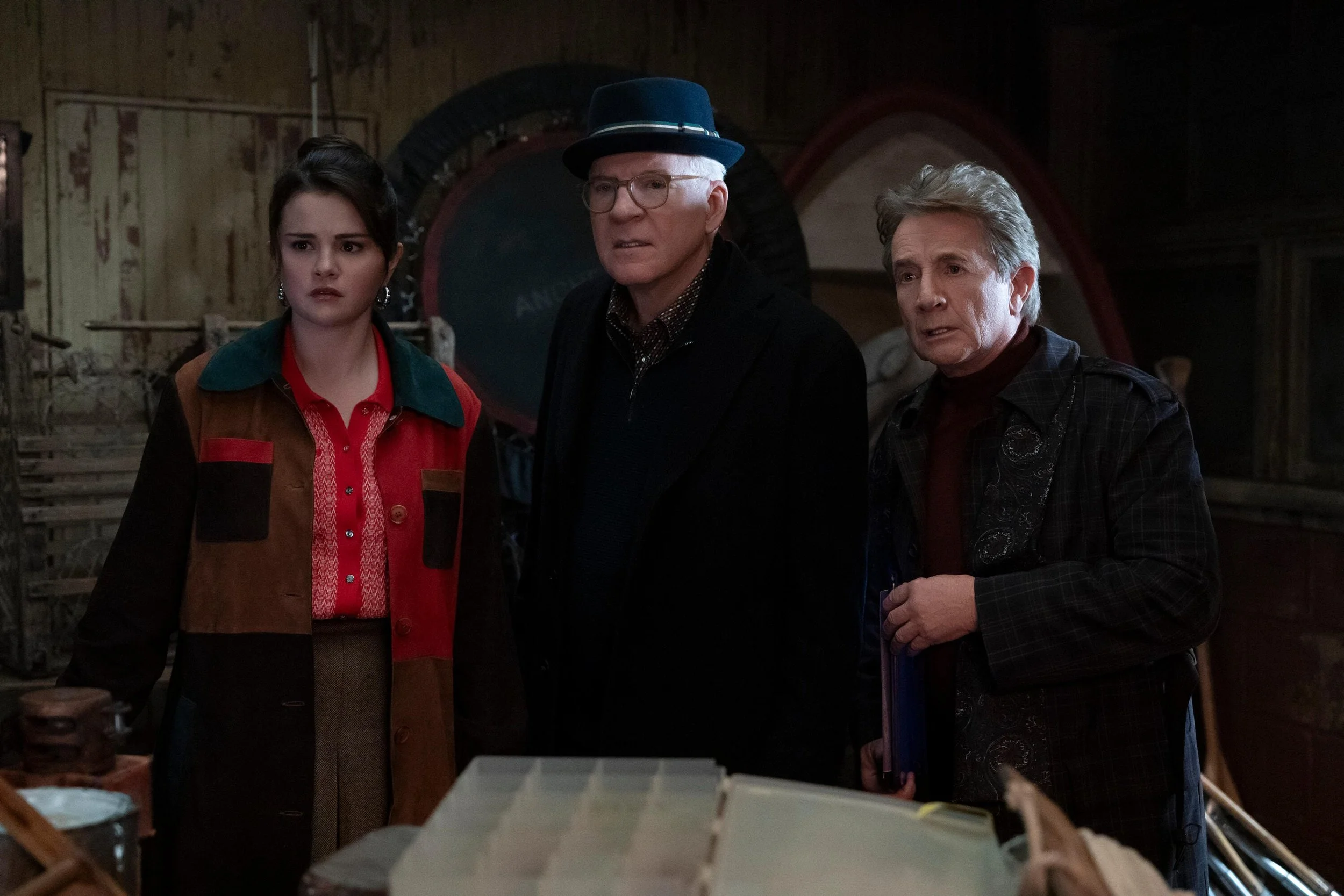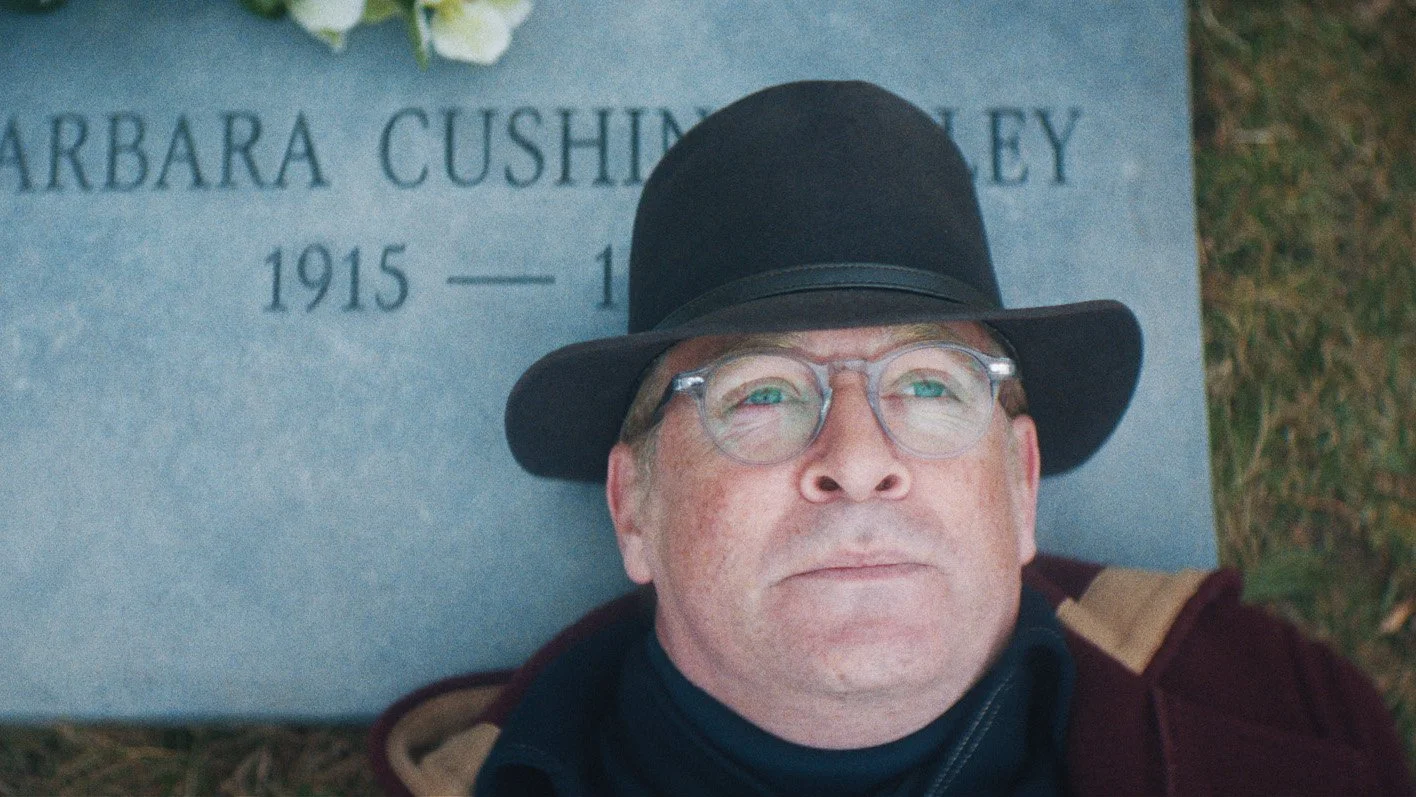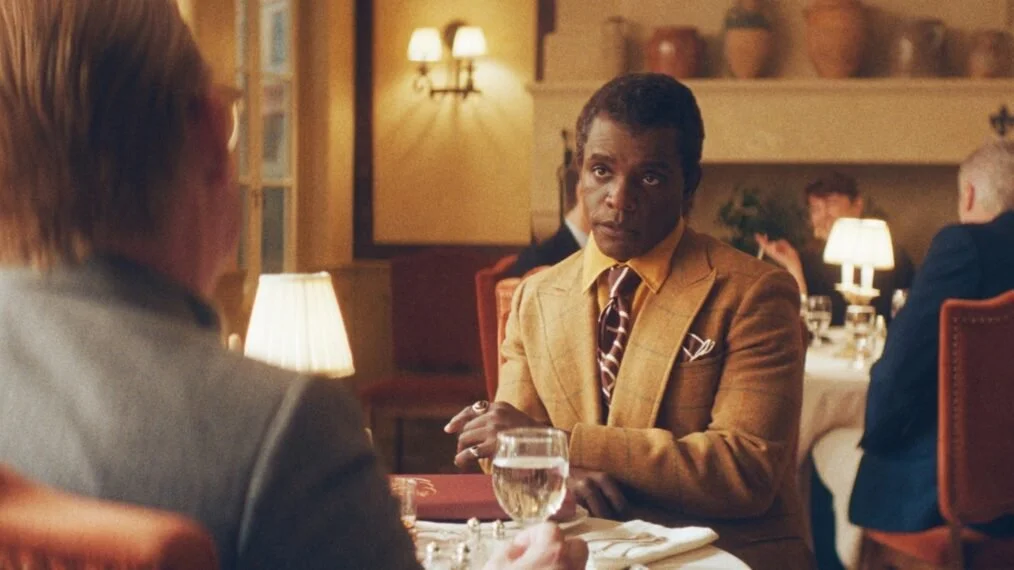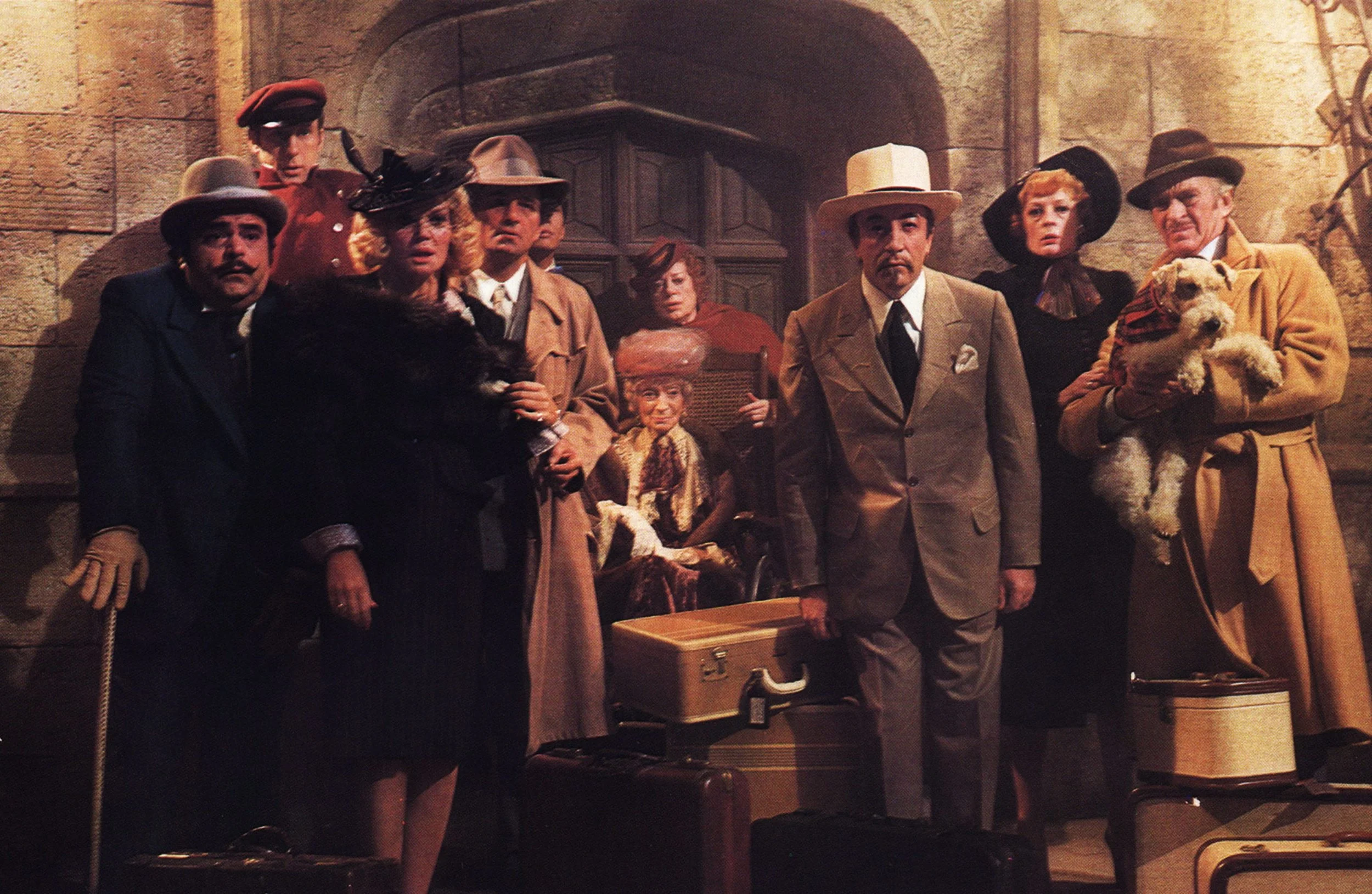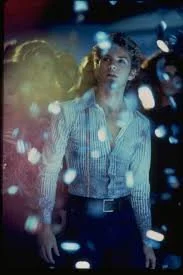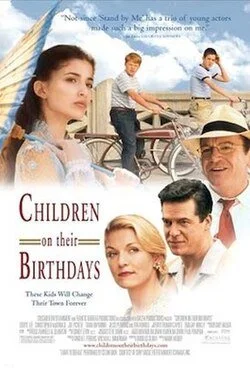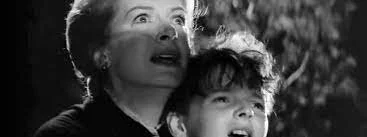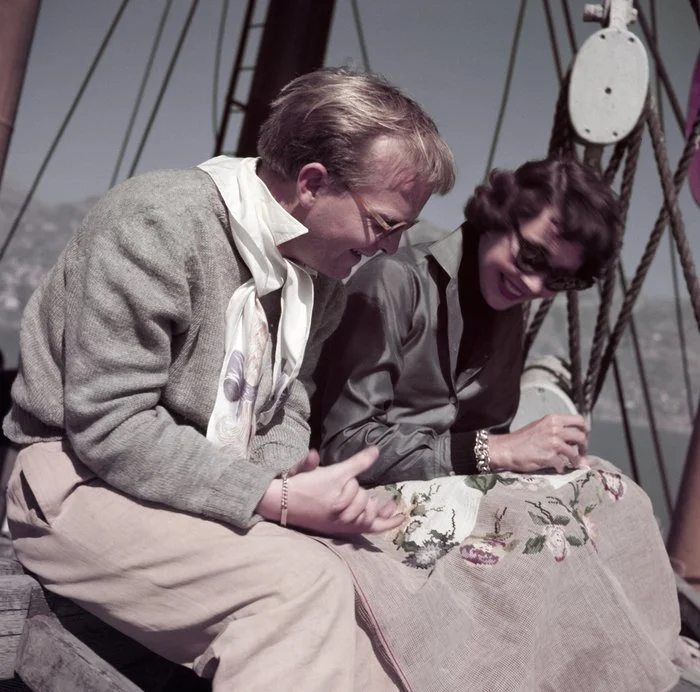“Never let a writer have the last word”. This line sums up the entire season of Feud: Capote vs The Swans. It is instantly made clear from just the opening credits (which are lovely by the way), that Capote is in the wrong.
Despite this being 8 episodes long, I’m going to keep this and following blog fairly short. The first four episodes of this season on Feud are about the falling out between Truman (Tom Hollander) and his Fifth Avenue Swans, the women who were his cattiest and closest friends (after Harper Lee who he rarely spoke to after she won accolades for To Kill a Mockingbird). The series also deals with Truman’s on-again off-again romance with Jack (Joe Mantello) abusive relationship with John O’Shea (Russell Tovey), his illness from alcoholism, and being haunted by his want-to-be socialite mother played by Jessica Lange.
Let’s talk about the Swans themselves (because this is a fantastic cast):
Naomi Watts plays Babe Paley, a strong woman whose TV producer husband constantly cheats until she’s diagnosed with cancer and her finally steps up. Treat Williams plays her husband. She and Truman were the closest before the group of women cut him out. She is portrayed as missing him the most.
Diane Lane plays Slim Kieth, a woman with more bite to her than Babe but is very loyal to the people she trusts. She is ruthless when it comes to protecting Babe from Truman.
Chloe Sevigny plays C.Z. Guest, a socialite with a talent for gardening and the most reluctant to cut Truman out of their lives.
Calista Flockhart plays Lee Radziwill, a Jackie Kennedy’s sister who is the epitome of “old money” in her views and reactions.
Molly Ringwald plays Joanne Carson, a model and wife of Johnny Carson who is not effected by Truman’s actions as she lives in California and is no longer part of the core group.
Demi Moore plays Ann Woodward, who was not really a friend of Capote’s but is portrayed as such in the show along with the betrayal she felt as his accusations that she purposely killed her husband.
This teleplay is not so much as a historical record as it is a dramatization of what the writers thought Truman and the Swans could have been thinking or feeling during their feud (they did the same thing with season 1 which about about the filming of Whatever Happened to Baby Jane). There are some cool history events thrown in like the famous documentary about Truman by the Maysles Brothers (which shows Truman in all of his pretentious glory) and the filming of his scenes on Murder by Death. By the way, the documentary is free on youtube and it’s only 30 minutes long. Of course, the version of the documentary in the TV show is nothing like the real documentary.
The first four episodes are about introducing the characters, their relationships, and Truman’s betrayal. He writes about their personal lives in his new book Answered Prayers and several chapters are printed in a magazine as a preview. Despite changing the names, the characters are clearly the Swans, confirming rumors about their lives. The article causes Ann Woodward to take her own life. Slim and Lee declare that they are cutting the two-faced Truman out of their lives. Babe agrees, but almost reluctantly as Truman was her rock every time something went wrong. Also, Jack keeps going to her, begging that she help him get Truman away from the abusive John O’Shea. C.Z. and Joanne are still hanging out with Truman despite Slim’s threats towards them.
The first four episodes really make the Swans the victims. Don’t get me wrong. Capote did a horrible thing writing about them without their permission and doing so in such an obvious way that feels like he was out to hurt them. And his own interactions with other men are not shown on screen as anything loving. Just harsh and slimy. I know homosexuality in this time was illegal, but I feels like the director is using it to make Truman seems like deviant. His relationship with Jack is somewhat loving so they never show the pair having sex which proves that they are only using the sex scenes further Truman in the villain role.
Meanwhile, Slim, Lee, C.Z., and Babe are meant to be seen as witty, pleasant, fashionable, and the rich people everyone should wan to be. Granted, you don’t see them mixing with anyone outside of their social circle besides waiters and servants who they are kind to because that is the way you are supposed to think of them. However, it isn’t until episode four that the audience gets to see how the women are not the loving group of friends they pretend to be. The show uses rumors are personal lives to show the cracks in the united front, which to me feels a little like what Truman did. Still, Ryan Murphy was never a best friend of these women so I guess he can do what he wants?
The other part of the first four episodes is how everyone except Slim attempts to convince her to leave Truman alone. Babe is dying, Joanne and C.Z. are worried about Truman as he tries to get sober, and Lee insists that the drama needs to end when Slim plans on suing the odd little man. I did like how after returning home from rehab and checks his book while sober, calling it “the demon” and groaning at how bad it is. I should probably remind everyone that he never finished this book. He also gets a protege in O’Shea’s daughter Kerry (played by Ella Beatty). She changes her name to Kate Harrington and she really did become a model as well as Capote’s assistant for several years.





